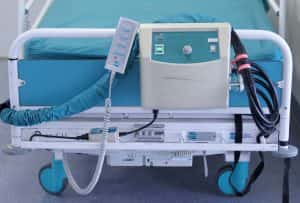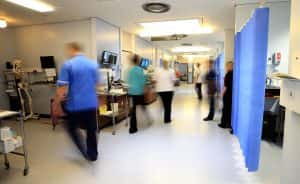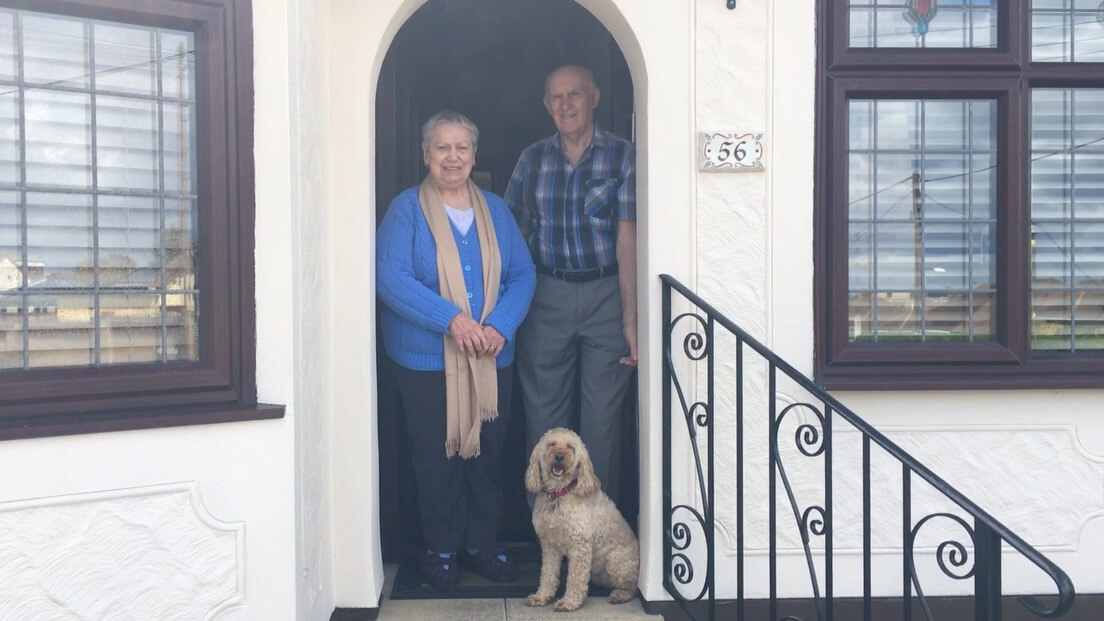
A student nurse has highlighted that despite the bed pressures currently faced in hospitals across the North East “good care is being provided within the time constraints.”
Rhys Mood is in his final stage of training and works in the North East.
He has been on a variety of placement settings during his degree and has said he can see the impact bed shortages are having on the frontline.
Mr Mood said: “I do think as a student nurse you see a lot of the frustration of staff who are working within such a close to the line system at the moment.
“We haven’t got anywhere or we’re struggling to discharge patients to an appropriate care facility and the only care facility available to some patients is the hospital and that’s [because of a] lack of funding and support from the social services.”
The total number of hospital days lost to delayed transfers of care last year was 2,157,155, up from 1,747,318 the year before and 1,560,037 in 2014.
“I think it’s going to be trickier to work within the constraints. I think everybody is doing a good job with the limited resources but it is so close to the line,” Mr Mood added.
As a student nurse, the 22-year-old gains experience in a hospital setting, to work towards qualifying as an adult nurse.

He said: “I work within the scope of my practice but I’m certainly involved in care delivery and facilitating care and delivering therapeutic interventions where possible.
“When a patient sees a member of staff with a uniform on they don’t see student, they see nurse or a member of staff.
“I think often patients are having to rely on student nurses to facilitate some of their care needs because we are short on beds and we’re short on staff at the moment.”
BMA North East regional chair, Dr George Rae, added: “High bed occupancy reflects the growing demand on services and the wider pressures being placed on our NHS…
“It is unacceptable that the UK has the second lowest number of hospital beds per head in Europe. The government must work towards producing a long term strategy that addresses the current crisis before placing patients at further risk.”



